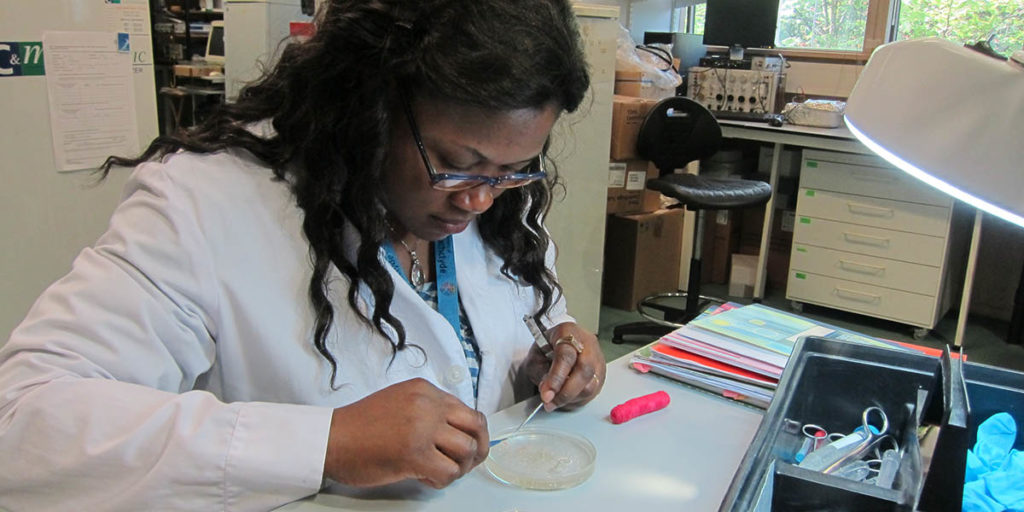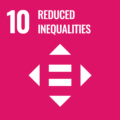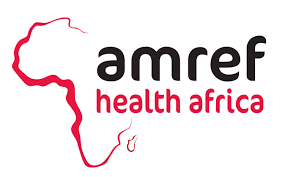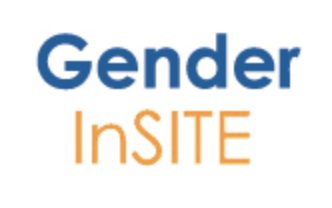Two decades on, a research access program continues to thrive
Research4Life partners have renewed their commitment through 2025 and created a new Rule of Law program

Dr. Enitome E. Bafor, Senior Lecturer in the Department of Pharmacology & Toxicology at the University of Benin, Nigeria, works in her lab. She is one of the six winners of the Research4Life-INASP Advocacy Competition.
In her years as researcher and senior lecturer in the Department of Clinical Pharmacology at the University of Zimbabwe, Dr. Alice Matimba heard of several cases of diabetes-related blindness, also called retinopathy – a complication that can be effectively prevented if diagnosed and treated in time. But in Zimbabwe, like much of Africa, limited awareness, late diagnosis and poor management aggravate the disease.
“It frustrated me that the current and projected prevalence of diabetes and associated complications were based largely on anecdotal evidence,” she said. “Most cases report dates several years back, and yet technology is moving fast.”
Diabetic retinopathy represents 5 percent of avoidable blindness globally among working-age adults. In much of Africa, with its rapid urbanization, lifestyle changes, aging, poor diet, smoking and pollution, diabetes and related blindness is on the rise. This emerging epidemic takes a heavy toll on African communities, but it can be tackled with evidence-based policymaking and support for screening and treatment.
This is the kind of support provided by Research4Life, a public-private partnership that provides digital access to research in 118 developing nations.
- Read the full article on Elsevier Connect: “Two decades on, a research access program continues to thrive”, Domiziana Francescon, 27 September, 2018





















